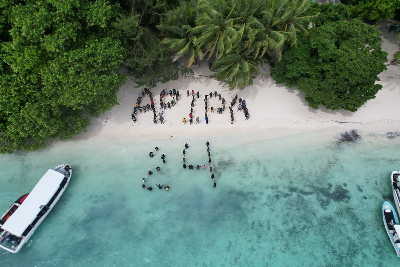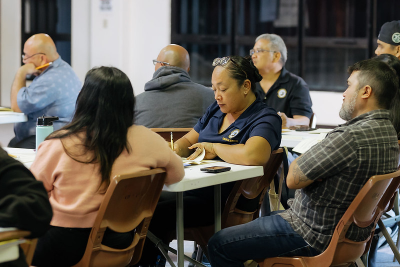Past Training

Grants Course
Grants Management Performance Improvement (Intermediate Topics)

David Rykken

 Regional
Regional
This 3-day virtual course will focus on performance as well as compliance. Participants will be shown how to update: program/project narratives, continuation applications and carryover requests. In addition, participants will learn how to do post award actions and understand what the grantor is looking for in reports and audits.
More Info

Finance Course
Preparing Finance Offices for the New Auditing Standards

Jeanne Yamamura

 Regional
Regional
A suite of auditing standards – SAS 134 through SAS 140 – was issued in 2019 and 2020 with an original effective date of December 15, 2020. Due to the coronavirus pandemic and the extensive changes made in these standards, the effective date was delayed to December 15, 2021. That date is now rapidly approaching.
More Info

Audit Course
Government Auditing Standards: Review and Update

Drummond Kahn


Receive an in-depth review and update on the 2018 revision of Government Auditing Standards (the "Yellow Book"), plus a brief history on the development of the standards. Discuss the structure of the recent revision of the standards and the major changes, focusing on the sections applicable to performance audits. Discuss the purpose and requirements of individual standards, with emphasis on the recent changes. Apply specific standards to real-life cases.
More Info
Audit Course
Conducting Performance Audits (US Virgin Islands)

Drummond Kahn


Gain a strong foundation in the theory, principles, and methodology for conducting performance audits in accordance with the Government Auditing Standards.
More Info
Finance Course
Budget Formulation in the U.S. Virgin Islands

Drummond Kahn


Master the skills necessary to build an accurate and defensible budget compliant with budget-related legislation and the strict standards of the Office of Management and Budget (OMB). Learn how to define outcomes and other performance measures, gather the data necessary to prepare a budget, identify the dollar resources needed to attain the performance outcomes, and present and defend your budget.
More Info +1.808.523.1650
+1.808.523.1650







 10 October 2025
10 October 2025  Monique
Monique 



 Photo Gallery
Photo Gallery










 COMPLETE GALLERY
COMPLETE GALLERY HOME
HOME NEWSROOM
NEWSROOM INITIATIVES
INITIATIVES CONFERENCES
CONFERENCES TRAINING
TRAINING ABOUT PITI-VITI
ABOUT PITI-VITI CONTACT
CONTACT ACCESSIBILITY
ACCESSIBILITY




 +1.808.523.1650
+1.808.523.1650

 900 Fort Street Mall, Suite 1540
900 Fort Street Mall, Suite 1540 
 Reset Password
Reset Password
 Chat
Chat
 Email
Email


 ACKNOWLEDGE
ACKNOWLEDGE READ FULL WAIVER
READ FULL WAIVER